Copyright 1999 by Michael Scott All rights reserved. Warner Books Hachette Book Group 237 Park Avenue, New York, NY 10017 Visit our website at www.HachetteBookGroup.com. First eBook Edition: June 2009 ISBN: 978-0-446-56299-7
 R
R arely can an author identify when and where an idea for a book first gestated. This book is the exception. The author gratefully acknowledges the inspiration of Ruth Shern and Breda Purdue, the enthusiasm of Sheila Crowley, and the assistance of Angela Herlihy.
 n
n o single book can encompass the wisdom of the Celts.
 n
n o single book can encompass the wisdom of the Celts.
This was a race that loved language, that held the bard and the poet to be the equals of kings indeed a race where the rulers went in fear of being satirized by a poet, which was considered the ultimate disgrace. This was also a race without a written language, where the teachings were committed to memory and passed down in an oral tradition that is still very much alive today. Caesar suggests in De Bello Gallico that the Celtic Druids and bards trained for twenty years, though the truth is probably far closer to twelve years. In that time, each scholar was expected to learn nearly six hundred full-length stories, more than 250 poems, and also the complex laws, philosophies, grammar, history, legends, and genealogies of the tribes and clans, as well as the art of divination, seership, and composition. For not only were the bards expected to preserve the knowledge of the past, they were confidently expected to add to that body of knowledge. The role of Druid and bard, priest and scholar, cleric and storyteller, was often indistinguishable, and time has blurred the lines ever further, with the result that the lore that has survived to this day is often a mixture of the sacred and the profane, the spiritual and the commonplace.
This was a living lore, used in everyday life, much of it concerned with the land and the lives of the ordinary people, and it remains relevant to this day. The following selection of Celtic wisdom, gathered from numerous sources, seeks to reflect the body of knowledge that a bard would most likely have possessed; it is a mixture of folktales and legends, poems and proverbs, triads and blessings. Use them well. And always follow the older bards injunction to the young student: Speak slowly, think swiftly, act wisely. 
T he number three and groupings of three occur everywhere in the Celtic worldthe earliest invaders were greeted by the tripartite goddess, Banba, Fodla, and Eriu and the triskele, the three-horned circle, is a common ornamental device. In Irish mythology, the most famous goddess, the Morrigan, the goddess of war, is also part of a trio with her sisters Babd the Crow and Nemain, whose name signifies panic.
Perhaps this tripartite nature is meant to signify the phases of the moon: full, waxing, and waning. Robert Graves suggests that it might be equated with maiden, matron, and crone or virginity, fertility, and death. There are three sorrows of Irish storytelling, classic tales of doomed love and redemption: the children of Lir are sentenced to thrice three hundred years enchantment in the form of swans; there are three sons of Tuireann, the Celtic version of the quest of Jason and the Argonauts; and Deirdre, the tragic heroine of the greatest of the sorrows, flees with her lover, Naoise, and his two brothers. Diogenes tells us that the Druids taught their mysteries in groupings of three. Hilary, the bishop of Poitiers, A.D. 350, and author of De Trinitate, was principally responsible for the concept of the Trinity in the Christian tradition, which is at the heart of the Christian faith.
Even the tribal system of the Celtic lands was tripartite: priests, warriors, and farmers, each one inextricably interlinked with the other. It should be of no surprise that the concept of triads entered Irish lore. The perfect triad, a single idea with three suggested answers, is central to many of the proverbs and lore of the Celts. And they are all timeless.  These are the three rudest things one can see in this world: A youngster mocking an old man, A hale person mocking an invalid, and A wise man mocking a fool.
These are the three rudest things one can see in this world: A youngster mocking an old man, A hale person mocking an invalid, and A wise man mocking a fool.  There are three things that make a fool wise: Learning, Application, and Patience.
There are three things that make a fool wise: Learning, Application, and Patience.
And there are three things that make a wise man foolish. Quarrelling, Rage, and Drunkenness.  There are three paths to downfall: To allow ones passions to rule, To be self-indulgent, and To refuse to learn by the example of others or ones own experience. There are three roads to greatness: To be wise in word, To be wise in deed, and To be wise enough to control ones own passions.
There are three paths to downfall: To allow ones passions to rule, To be self-indulgent, and To refuse to learn by the example of others or ones own experience. There are three roads to greatness: To be wise in word, To be wise in deed, and To be wise enough to control ones own passions.  There are three things from which one should never stray: Belief in oneself, Belief in a higher self, and Belief in the truth.
There are three things from which one should never stray: Belief in oneself, Belief in a higher self, and Belief in the truth.  Know that there are three candles that illuminate every darkness: Truth, Nature, and Knowledge.
Know that there are three candles that illuminate every darkness: Truth, Nature, and Knowledge.  Know that there are three candles that illuminate every darkness: Truth, Nature, and Knowledge.
Know that there are three candles that illuminate every darkness: Truth, Nature, and Knowledge.
Judgement demands these three: Wisdom, Consideration, and Expertise.  Judgement can be determined only if these three are present: Evidence that tells a tale, Witnesses who tell the truth, and the Wisdom to evaluate both. The three demands of justice are: Judgement, Appraisal, and Conscience.
Judgement can be determined only if these three are present: Evidence that tells a tale, Witnesses who tell the truth, and the Wisdom to evaluate both. The three demands of justice are: Judgement, Appraisal, and Conscience.  Success stems from action, and there are three ways to act: By thought, By word, and By deed.
Success stems from action, and there are three ways to act: By thought, By word, and By deed.  The three habits that lead to success are: Patience, Application, and Vision.
The three habits that lead to success are: Patience, Application, and Vision.  There are three ways to ensure excellence in all things: To be moderate in thought and behavior, To hold to ones oaths, and To accept ones responsibilities.
There are three ways to ensure excellence in all things: To be moderate in thought and behavior, To hold to ones oaths, and To accept ones responsibilities.  There are three ways to ensure excellence in all things: To be moderate in thought and behavior, To hold to ones oaths, and To accept ones responsibilities.
There are three ways to ensure excellence in all things: To be moderate in thought and behavior, To hold to ones oaths, and To accept ones responsibilities.
One should strive to emulate these three traits in others: Wisdom in words and deeds, Justice in words and deeds, and Generosity in words and deeds.  There are three wonderful things in this world: To forgive a wrong, To make amends, and To dispense only justice. New life and new beginnings come from three things: The rounded belly of a woman, The white smoothness of an egg, and A wrong that has been forgiven.
There are three wonderful things in this world: To forgive a wrong, To make amends, and To dispense only justice. New life and new beginnings come from three things: The rounded belly of a woman, The white smoothness of an egg, and A wrong that has been forgiven. 



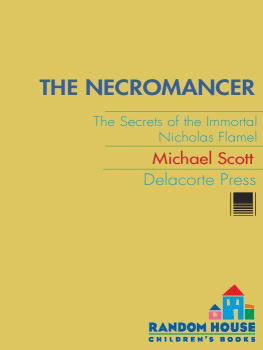
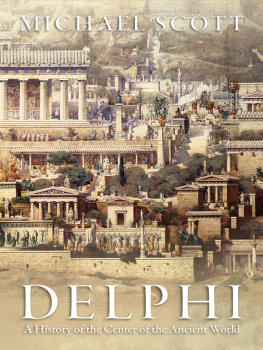
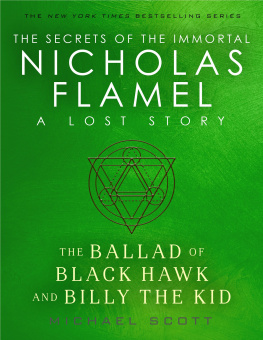
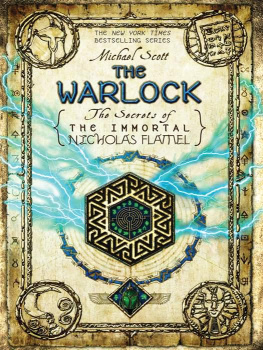
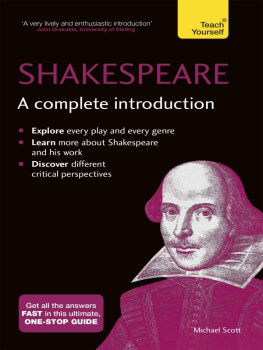
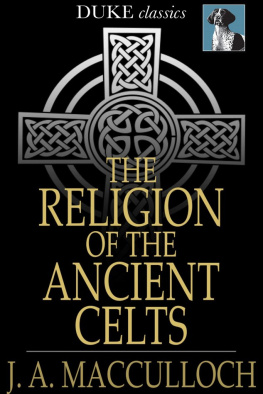
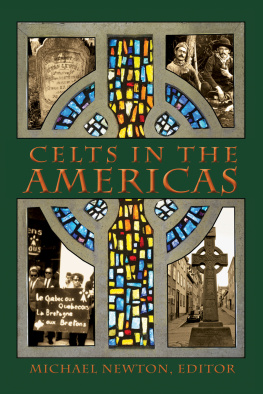
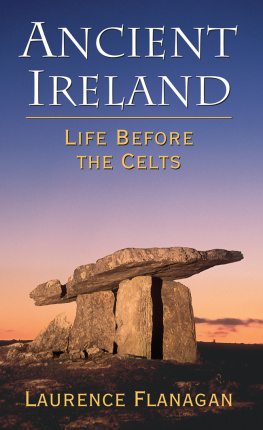
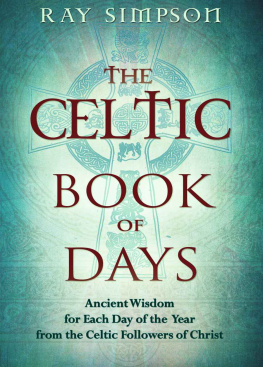

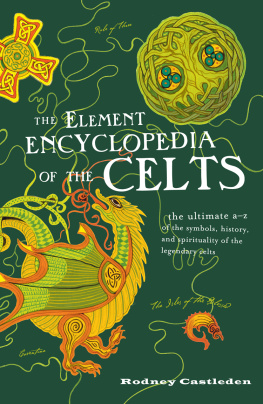
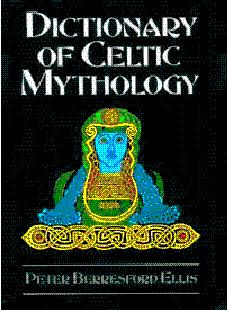
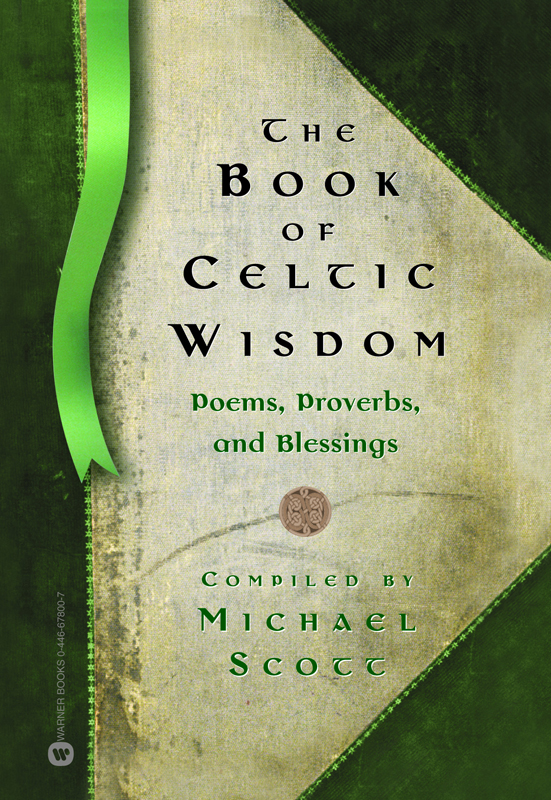
 R arely can an author identify when and where an idea for a book first gestated. This book is the exception. The author gratefully acknowledges the inspiration of Ruth Shern and Breda Purdue, the enthusiasm of Sheila Crowley, and the assistance of Angela Herlihy.
R arely can an author identify when and where an idea for a book first gestated. This book is the exception. The author gratefully acknowledges the inspiration of Ruth Shern and Breda Purdue, the enthusiasm of Sheila Crowley, and the assistance of Angela Herlihy.  These are the three rudest things one can see in this world: A youngster mocking an old man, A hale person mocking an invalid, and A wise man mocking a fool.
These are the three rudest things one can see in this world: A youngster mocking an old man, A hale person mocking an invalid, and A wise man mocking a fool.  There are three things that make a fool wise: Learning, Application, and Patience.
There are three things that make a fool wise: Learning, Application, and Patience. There are three paths to downfall: To allow ones passions to rule, To be self-indulgent, and To refuse to learn by the example of others or ones own experience. There are three roads to greatness: To be wise in word, To be wise in deed, and To be wise enough to control ones own passions.
There are three paths to downfall: To allow ones passions to rule, To be self-indulgent, and To refuse to learn by the example of others or ones own experience. There are three roads to greatness: To be wise in word, To be wise in deed, and To be wise enough to control ones own passions.  There are three things from which one should never stray: Belief in oneself, Belief in a higher self, and Belief in the truth.
There are three things from which one should never stray: Belief in oneself, Belief in a higher self, and Belief in the truth.  Know that there are three candles that illuminate every darkness: Truth, Nature, and Knowledge.
Know that there are three candles that illuminate every darkness: Truth, Nature, and Knowledge.  Judgement can be determined only if these three are present: Evidence that tells a tale, Witnesses who tell the truth, and the Wisdom to evaluate both. The three demands of justice are: Judgement, Appraisal, and Conscience.
Judgement can be determined only if these three are present: Evidence that tells a tale, Witnesses who tell the truth, and the Wisdom to evaluate both. The three demands of justice are: Judgement, Appraisal, and Conscience.  Success stems from action, and there are three ways to act: By thought, By word, and By deed.
Success stems from action, and there are three ways to act: By thought, By word, and By deed.  There are three ways to ensure excellence in all things: To be moderate in thought and behavior, To hold to ones oaths, and To accept ones responsibilities.
There are three ways to ensure excellence in all things: To be moderate in thought and behavior, To hold to ones oaths, and To accept ones responsibilities.  There are three wonderful things in this world: To forgive a wrong, To make amends, and To dispense only justice. New life and new beginnings come from three things: The rounded belly of a woman, The white smoothness of an egg, and A wrong that has been forgiven.
There are three wonderful things in this world: To forgive a wrong, To make amends, and To dispense only justice. New life and new beginnings come from three things: The rounded belly of a woman, The white smoothness of an egg, and A wrong that has been forgiven. 